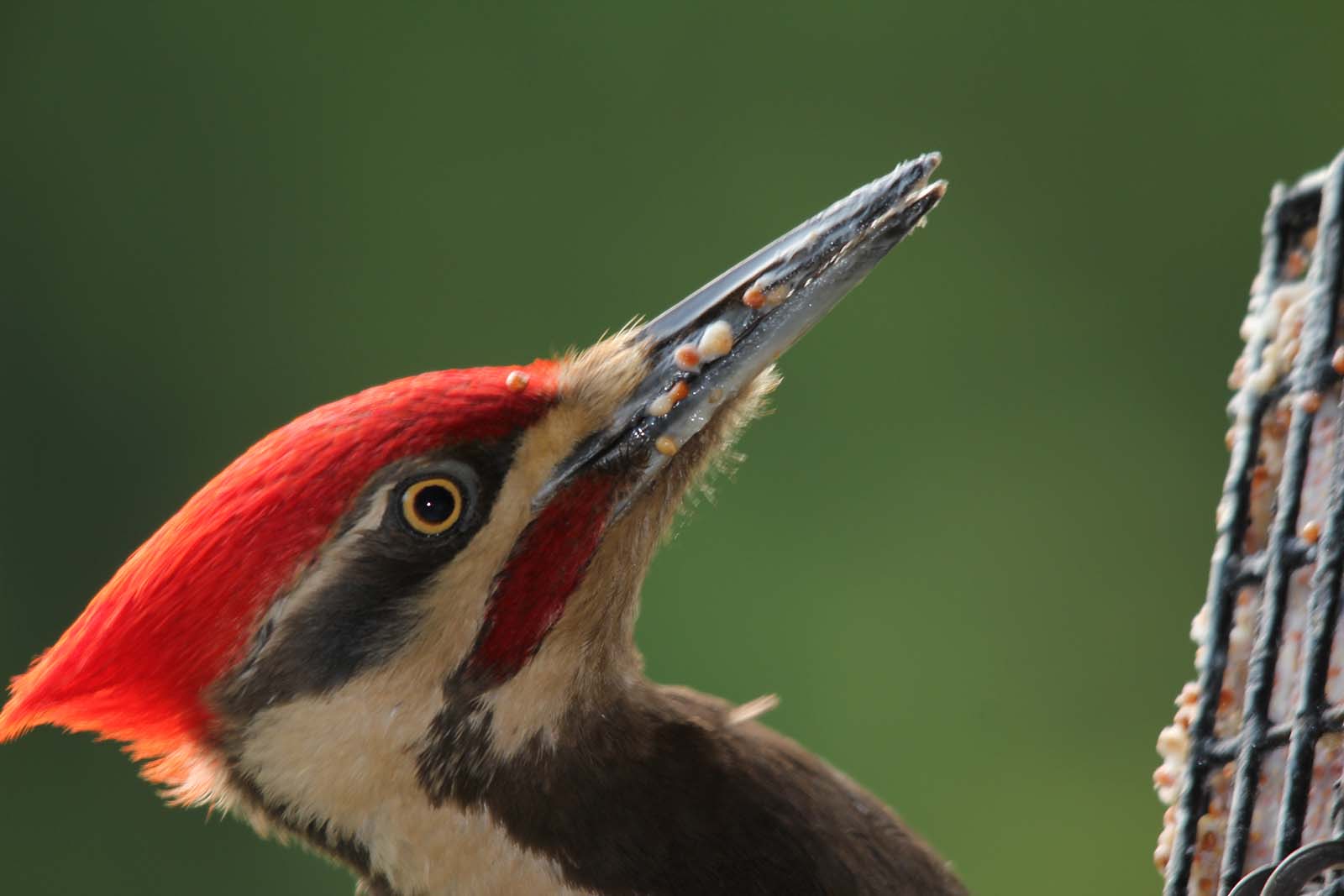The BC SPCA generally doesn’t recommend feeding wildlife – but what about bird feeders? Although common worldwide, bird feeding does carry risks.
In the absence of disease outbreaks, feed birds only in harsh winter conditions, and follow these tips:
- Prevent disease – clean up spills and clean feeders regularly using a 9:1 (10%) bleach solution. Take feeders down during disease outbreaks, like salmonella or avian influenza.
- Avoid window strikes – set up feeders very close to windows (within 1 m) to minimize collisions. Use window protection products to prevent birds from colliding with windows.
- Keep cats inside – collar bells will not stop cats from killing birds.
- Don’t feed other animals – bird seed can attract animals like mice, rats, squirrels, raccoons, deer or bears. Clean up spilled seed and make your bird feeder inaccessible to other animals.
In the warmer months, there are usually abundant natural food sources available for birds. You can also attract birds to your yard naturally with native plants and well-managed bird baths and bird houses.
Feeding hummingbirds has special considerations – read more about hummingbird feeders and how to make hummingbird nectar.
Read our position statement on wildlife feeding.

